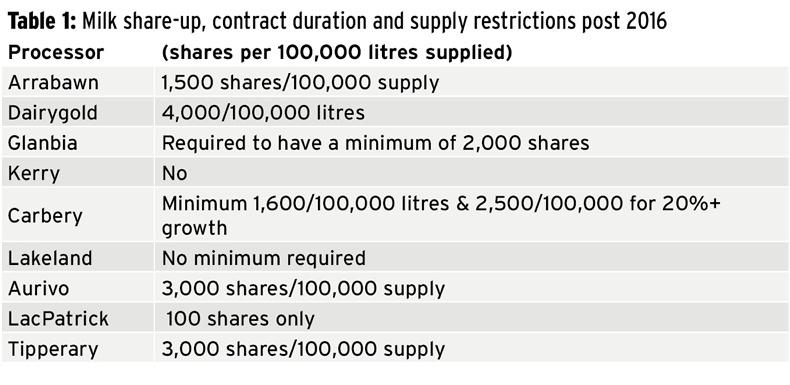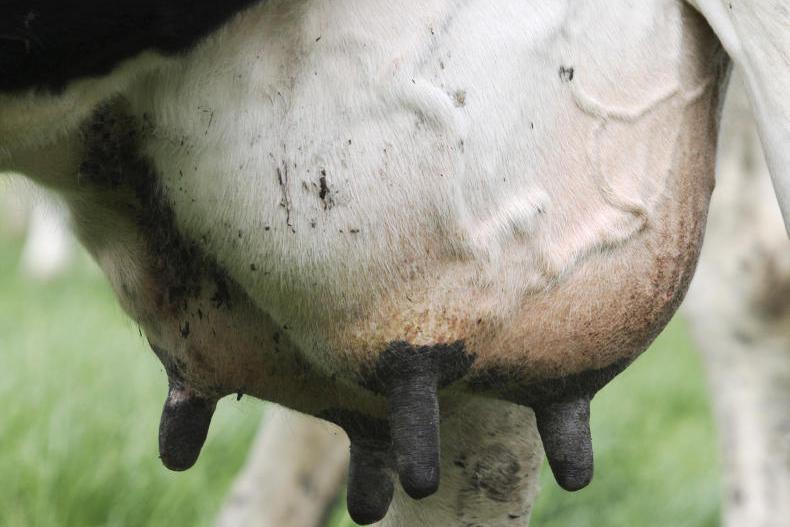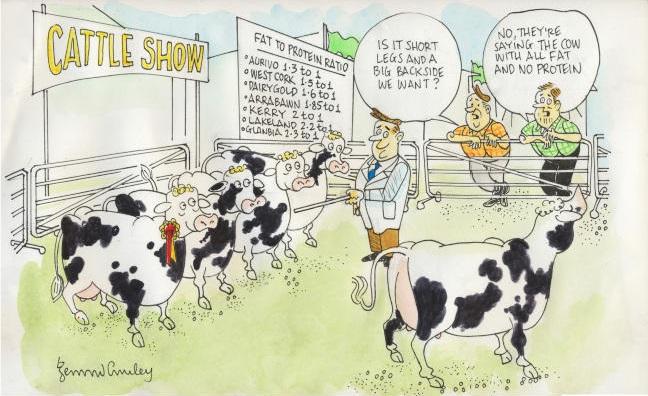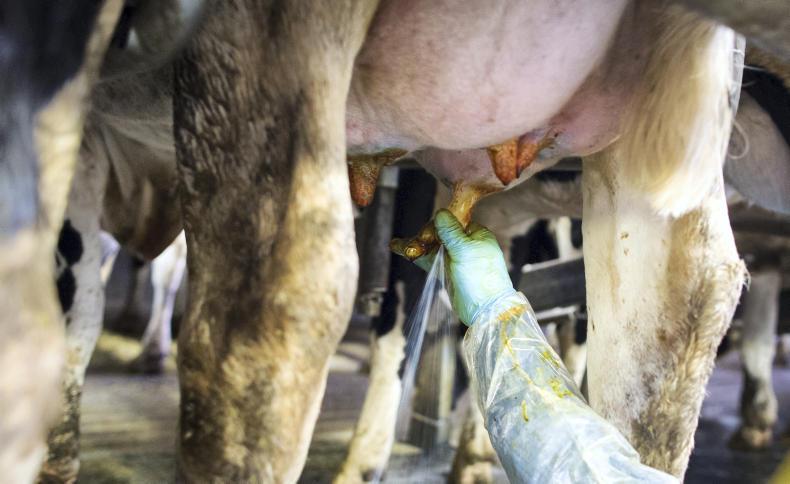Two milk processors – Lakeland and Kerry – don’t require suppliers to have a minimum shareholding. LacPatrick has a very small minimum shareholding of 100 shares. Kerry has told suppliers that Kerry Group will pay for any future investment in milk processing if it’s required. The rest of the co-ops have some form of a required minimum share standard as detailed in Table 1.
Most of the co-ops are willing to spread the share-up investment over a number of years to lessen the burden on cashflow. Also, given the relatively poor milk price in 2016, many have suspended payments into revolving funds until milk price recovers.
Arrabawn
Arrabawn has a set minimum standard that every supplier is to have 1,500 shares per 100,000 litres supplied. Share standard can be built up over three years if required.
Aurivo
Share standard is 3,000 shares per 100,000 litres. Three year’s process started in July 2015 with 0.6c/l deduction. On average, the starting point was about 0.5c/l per supplier.
Glanbia
Existing share standard was one share per 115 litres or 870 shares per 100,000 litres. Under the new structure, the minimum share standard is 2,000 shares and non-shareholders can purchase shares.
Dairygold
Dairygold Co-op has asked its members to fund part of the equipment expansion to the tune of €50m and the remaining cost of expansion will come from bank borrowings and cashflow.
In Dairygold Co-Op, the year-to-year financial impact of signing milk supply agreements will vary depending on how much your milk supply grows, shareholding owned and what was your base milk supply between 2010 and 2012.
Kerry
Kerry has no minimum share standard but it has restrictions on the overall volume of milk that a supplier can produce. The limit is 120% of the quota owned in 2015.
Kerry also has a very long contract duration – 10 years.
Carbery
Like some of the co-ops, Carbery has a minimum share standard and this varies depending on the growth in farm milk supply. It also has a limit on the volume of milk a supplier can produce and this is restricted to 140% of the quota owned in 2015 mainly due to the fact processing capacity is limited at its plant in Ballineen.
Tipperary
Tipperary Co-op, similar to Aurivo, has a minimum 3,000 shares per 100,000 litres supplied share-up standard.
Lakeland
No minimum share-up required.
LacPatrick
Need to have 100 shares only.
Opinion
How expansion in processing capacity is funded by each co-op is up to the individual co-op board directors to decide. As we have already explained on numerous occasions, those farmers investing in co-ops have a right to know where shareholders’ money is going to be spent and what will be expected in return.
Most co-ops are obliged to process milk of supplier shareholders but many have reached a limit on what they can process and need further investment. They also need to know the big picture plan for the co-op on proposed investments and marketing in coming years. There is little point to farmers investing in a sinking ship if they can supply another processor that has a clear vision for the future in terms of processing, investment, sales and projected profits.
There is no doubt that each supplier, if investing in shares and revolving funds, etc, should sit down and go through a one-to-one meeting with management to see what will be the impact on their farm for their own investment plan.











SHARING OPTIONS